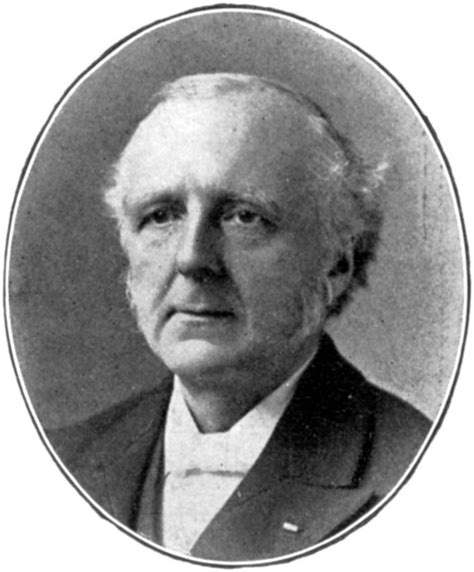A Quote by Hubert Van Zeller
The soul hardly ever realizes it, but whether he is a believer or not, his loneliness is really a homesickness for God.
Quote Topics
Related Quotes
There is in all our strivings a profound homesickness for God. When we touch another we touch God. When we look at a flower, its radiance, its fragrance, its stillness is another moment's experience of something deeper within. When we hold a baby, when we hear extraordinary music, when we look into the eyes of a great saint, what draws us is that deep homesickness for our true nature, for the peace and healing that is our birthright. This homesickness for God directs us toward the healing we took birth for.
My children, mark me. I pray you. Know! God loves my soul so much that his very life and being depend upon his loving me, whether he would or no. To stop God loving me would be to rob him of his Godhood; for God is love no less than he is truth; as he is good, so is he love as well. It is the absolute truth, as God lives... If anyone would ask me what God is, I should answer: God is love, and so altogether lovely that creatures all with one accord essay to love his loveliness, whether they do so knowingly or unbeknownst, in joy or sorrow.
Hardly ever can a youth transferred to the society of his betters unlearn the nasality and other vices of speech bred in him by the associations of his growing years. Hardly ever, indeed, no matter how much money there be in his pocket, can he ever learn to dress like a gentleman-born. The merchants offer their wares as eagerly to him as to the veriest swell, but he simply cannot buy the right things.
Great artistic talent in any direction... is hardly inherent to the man. It comes and goes; it is often possessed only for a short phase in his life; it hardly ever colors his character as a whole and has nothing to do with the moral and intellectual stuff of the mind and soul. Many great artists, perhaps most great artists, have been poor fellows indeed, whom to know was to despise.
Christ chiefly manifests Himself in times of affliction, because then the soul unites itself most closely by faith to Christ. The soul, in time of prosperity, scatters its affections, and looses itself in the creature; but there is a uniting power in sanctified afflictions, by which a believer, (as in rain a hen collects her brood) gathers his best affections unto his Father and his God.
Optimism is a wish without warrant; Christian hope is a certainty, guaranteed by God himself. Optimism reflects ignorance as to whether good things will ever actually come. Christian hope expresses knowledge that every day of his life, and every moment beyond it, the believer can say with truth, on the basis of God's own commitment, that the best is yet to come.
God is almighty to pardon, but He will not use His power for a shameless sinner. He is able to save and help in time of need, but if you have not repented, how can you expect His aid? The same power God expends on the believer's salvation will be spent on your damnation, for He has bound Himself under oath to destroy every impenitent soul.
Accept your loneliness. It is one stage, and only one stage, on a journey that brings you to God. It will not always last. Offer up your loneliness to God, as the little boy offered to Jesus his five loaves and two fishes. God can transform it for the good of others. Above all, do something for somebody else!
The life-giving preacher is a man of God, whose heart is ever athirst for God, whose soul is ever following hard after God, whose eye is single to God, and in whom by the power of God's Spirit the flesh and the world have been crucified, and his ministry is like the generous flood of a life-giving river.
Destiny, quite often, is a determined parent. Mozart was hardly some naive prodigy who sat down at the keyboard and, with God whispering in his ears, let music flow from his fingertips. It's a nice image for selling tickets to movies, but whether or not God has kissed your brow, you still have to work. Without learning and preparation, you won't know how to harness the power of that kiss.



































